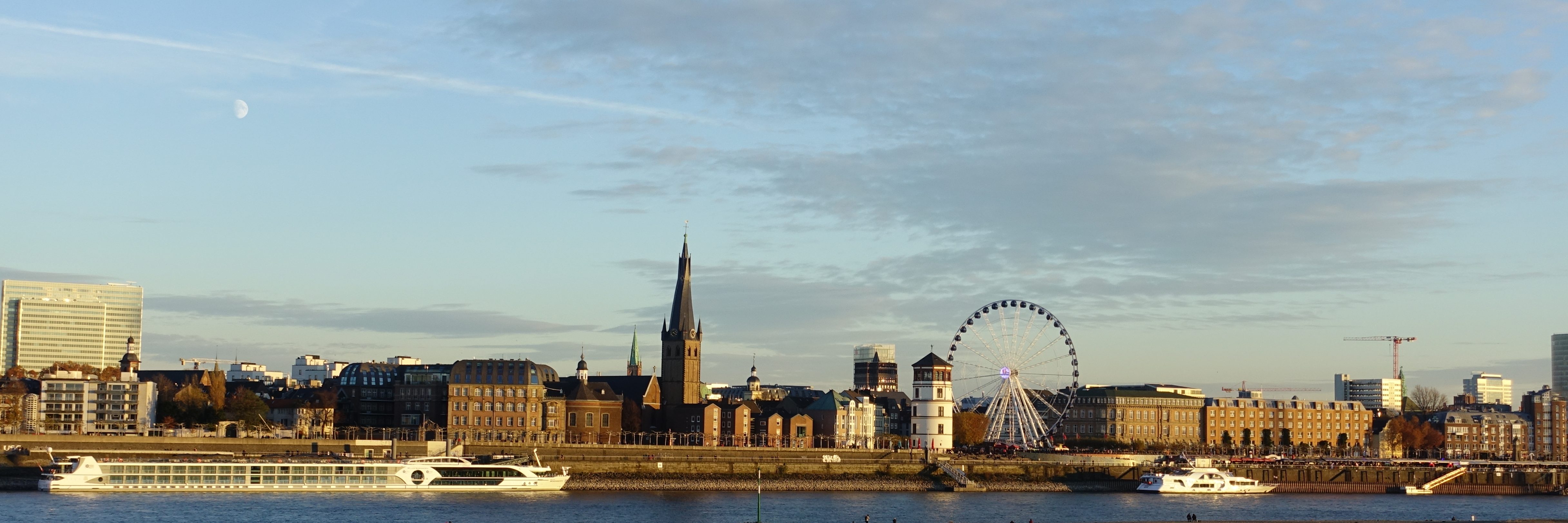I recently gave a seminar in the Gerhart Hauptmann House in Düsseldorf (on a subject totally unrelated to him). The whole place seemed to be a kind of shrine to the former German populations in Eastern Europe, who were unceremoniously yet understandably kicked out of Poland, the Czech Republic, and other nations in the wake of World War II. This was the fate the befell Hauptmann (g), a German writer who won the Nobel Prize in 1912, himself. In fact the Hauptmann Haus in Düsseldorf is also the headquarters of the Bund der Vertriebenen for Northern Rhine – Westphalia (g). For those of you who don't know, this 'League of the Expelled' represents the interests of those millions of ethnic Germans who were expelled from historical areas of German settlement (as well as areas conquered and brutally occupied by the Nazis) east of the Oder/Neisse river, which was roughly the Eastern border of East Germany.
Somewhere between 12 and 16 million Germans were expelled from the East immediately after the war:
The expulsion was often brutal, accompanied by abuse and massacres, and most of the expellees were forced to leave their land and possessions behind. The human suffering was enormous, but, to put it bluntly, nobody cared much about German suffering in the immediate aftermath of World War II. After the collapse of Communism, the idea of compensation for the expropriated property was bruited in some German circles, but was met with incredulousness verging on hostility by Eastern European governments.
The survivors of the expellees are still well-organized today, and are a moderately powerful lobby in Germany. They're considered pretty right-wing, and their actions are often a thorn in the side of the German government. To say the issue of compensation for expelled ethnic Germans is a sensitive issue in Eastern capitals is quite the understatement.
Here are a few photographs from the dusty displays in the Haus, featuring typical toys, pastries, and even bitters from the German Sudetenland:
I had no idea that Becherovka was originally created by Germans.
Finally, a charming nativity scene. Well, except for the giant, flaccid penises pointing directly at the Christ Child. Oh wait, those are candles. Yet another embarrassing situation that could have been prevented by air-conditioning.
